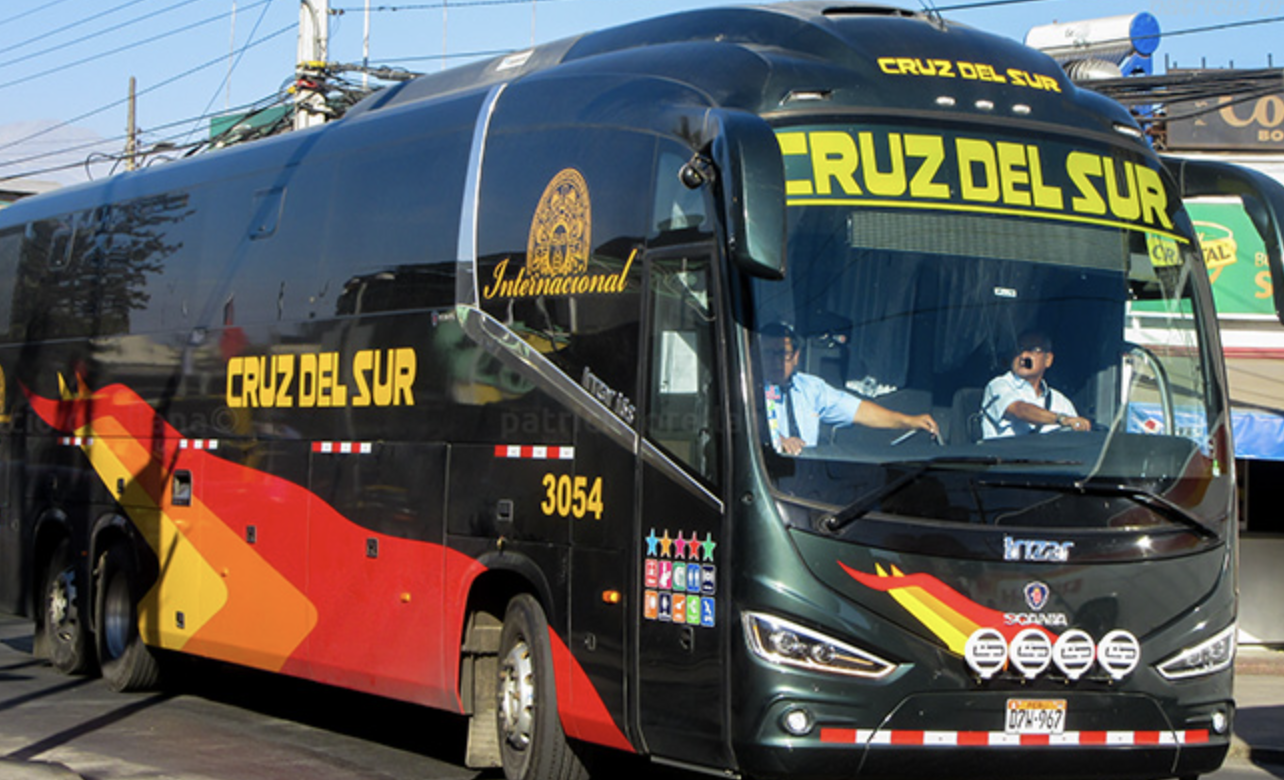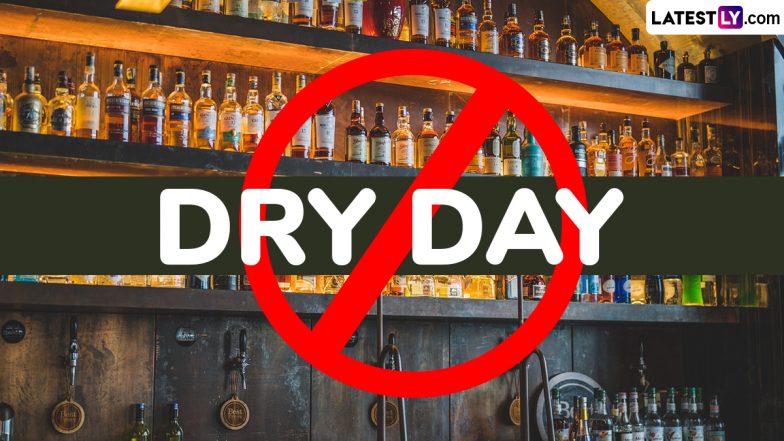In recent months, Peru has been gripped by a wave of violence targeting bus drivers and transportation companies, primarily in the capital, Lima. This escalating crisis has revealed the pervasive control that extortionist gangs now hold over the country’s transportation sector, forcing companies and drivers to operate under the constant threat of violence.
How Organised Crime is Taking Over Lima’s Highways
Organised crime syndicates in Lima are extorting transportation firms, demanding protection fees in exchange for their safety. Those who refuse to pay are met with brutal consequences. Criminals, often riding motorcycles, have been targeting buses with gunfire, even while they carry passengers. This relentless campaign of violence has led to a spike in deaths, including the murders of bus drivers who are being caught in the crossfire of this deadly extortion racket.
As SeguriLatam reports, the profits from extortion in Peru have now surpassed the revenues of other illegal activities such as drug trafficking, human trafficking, and illegal mining. The widespread prevalence of these schemes has left transportation companies with no choice but to pay or face violent retribution. The phrase “plomo o plata” – meaning “lead or silver” – has become a chilling ultimatum. In Peruvian slang, ‘silver’ refers to cash, making it clear that those who do not pay up can expect violence, often in the form of gunfire (“lead”).
A Deadly Toll: Drivers in Fear for Their Lives
The toll on Peru’s transportation sector has been immense. According to El País, this year alone, 14 attacks have been carried out against bus drivers, with three drivers losing their lives. Martín Valeriano, president of the Transport Union, has been vocal about the government’s lack of action in response to these killings. “Hitmen, extortions, and protection fees… What is the government’s response to all of this? There is total inaction,” Valeriano told France 24. His frustration reflects the broader sentiment of those in the industry, who feel abandoned by a government that seems unable or unwilling to protect them from these criminal enterprises.
Protests Paralyse the Capital
On a Thursday in late September, Lima came to a standstill when 3,000 vehicles ceased operations as part of a mass protest against the ongoing violence. Transport workers took to the streets, demanding government intervention to stop the extortion, which has become a daily part of their lives. Protestors held signs that expressed their fears and frustrations. One read, “Transport is in crisis, Minister of the Interior, we demand protection now!” while another stated, “Miss President, we want to live without fear!”
As La República highlights, the strike caused widespread disruption in Lima, where only 16% of residents own private cars. With buses out of service, students and workers were left stranded, forcing public schools to close temporarily and businesses to ask employees to work remotely. Hospitals and other essential services also felt the impact, as staff struggled to reach their workplaces, putting additional strain on already stretched public services.
A Temporary Solution or Further Oppression?
In response to the protests and growing violence, the Peruvian government declared a two-month state of emergency in several districts of Lima, effective from September 27th until November 25th, as reported by El Peruano. The state of emergency grants the military and police sweeping powers to maintain internal order. The measures include the suspension of certain constitutional rights, such as freedom of assembly and freedom of movement, and restrictions on personal security and the inviolability of one’s home. The government hopes that these extreme actions will quell the violence and restore some semblance of order to Lima’s streets.
However, this response has been met with scepticism by many in the transportation sector. While the presence of the military may deter some gang activity in the short term, many fear that it does little to address the underlying problem of extortion and corruption. There are growing concerns that these emergency powers may be extended beyond the initial two months, creating an environment of heightened surveillance and restriction that disproportionately affects law-abiding citizens and businesses.







